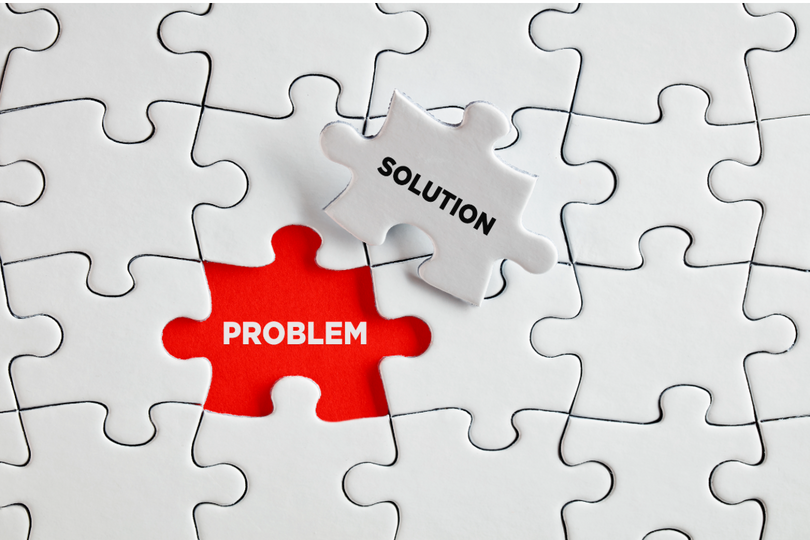You want to know what it really takes to be a great PA? Well, it’s not ALL about knowing how to bandage a wound or interpret X-rays (though that definitely helps). To be truly amazing in this role, you need a mix of technical skills and non-technical, soft skills. So what exactly is the difference between these two?
Technical Skills: Technical skills are your hardcore medical knowledge. These are the skills you can practice, measure, and improve with time. For a PA, technical skills might look like:
- Diagnosing conditions: Combining patient symptoms, lab/radiology results, and a physical exam to create a differential diagnosis and treatment plan.
- Performing procedures: Whether you’re suturing a wound, performing a PAP smear, or assisting in surgery, this is where your hands-on medical expertise comes into play.
- Medical knowledge: Prescribing the right medications or interpreting an EKG is all about applying your medical training to get the best results for your patient.
But here’s the twist: being good at these technical tasks doesn’t automatically make you a great PA. That’s where soft skills come in….
Soft Skills: Soft skills are the secret weapons that help you connect with people, navigate tricky situations, and be the kind of healthcare provider everyone wants to see. While technical skills are about what you know, soft skills are about how you interact with others.
For a PA, soft skills are just as important (if not more important) as medical knowledge. Here are some of the most important ones to consider:
- Emotional Intelligence (EQ): Think IQ…but for your emotions. As Google/AI provide us with instant access to information, EQ is becoming increasingly valuable. It helps us navigate human interactions, make thoughtful decisions, and build meaningful relationships—skills that technology cannot replicate. As a PA, you have to do it all- listen, diagnose, and treat- while also reading the patient’s feelings, interpreting their body language, calming their anxieties, and staying completely professional through the entire process. EQ is your superpower to read the room (and the patient), knowing when to offer a reassuring smile or when to dive deep into listening mode. Sometimes it’s not about diagnosing the issue right away, but recognizing that your patient needs to be heard first. Your ability to stay calm in emotional moments means the difference between “I trust you” and “Are you sure you’re a medical professional?” So, if you’re great at reading the room, you’re already ahead.
- Communication: You’ll have patients who look at you like you’re speaking a foreign language when you use words like “hypertension” or “gastroesophageal reflux disease.” The key here is translating medical lingo into something the average person can actually understand. For instance, instead of saying “hypertension” or “gastroesophageal reflux disease,” you could say “high blood pressure” or “heartburn.” It’s about explaining complex diagnoses in a simple, empathetic way. If you’re really good at this, you’ll have patients leaving your office feeling like they just had a conversation with their best friend—who happens to know a lot about medicine. So, it’s best to keep the medical jargon for PA school and your rotations, not the bedside.
- Flexibility/ Adaptability: In medicine (and life), things rarely go according to plan. As a PA, you have to roll with the punches, whether it’s juggling multiple patients at once or handling a sudden change in a patient’s condition. Flexibility means being able to pivot quickly, keep your cool, and still deliver top-notch care, all while keeping the chaos to a minimum. No matter how well you plan, medicine will throw you curveballs—so stay flexible and ready to laugh when things get weird (cause they will!).
- Teamwork: A PA is never alone in this—you’re part of a dynamic team that includes doctors, nurses, techs, etc. Being a good team player isn’t just about doing your job; it’s about knowing when to ask for help and when to offer it. PAs are often the glue that holds the team together, and your ability to collaborate efficiently can make or break patient care. And as a PA, remember that no job is “beneath you”- be willing to help in any circumstance, even if that means cleaning a room or taking out the trash.
- Time Management: When you’re seeing patients every 15 minutes, you’ve got to master the art of the 5-minute consult (cause the 30-45 minute exams from school are over after graduation). Time management isn’t just about being fast, though; it’s about being efficient while still offering patients the attention they deserve. A good PA knows how to prioritize, delegate when necessary, and squeeze in a moment to check in with the nurse or even grab a snack—all without dropping the ball. If you can navigate a jam-packed schedule without losing your cool, you will make a great PA!
Learning to Balance Both Sets of Skills as a PA:
Imagine being a PA in the ER. A patient comes in with chest pain—technical skills tell you to get an EKG and run some labs, but it’s your soft skills that help you handle the patient’s fear. You listen to their concerns, explain what’s going on, and reassure them that they’re in good hands. You work with the rest of the team to interpret the results and decide on the best treatment plan. You’re not just a medical provider; you’re also a compassionate communicator and a team player.
Or let’s say you’re seeing a patient who’s recently been diagnosed with diabetes. You need to explain the diagnosis and treatment plan in a way they’ll understand. But it’s also important to show empathy, acknowledging that the diagnosis might be overwhelming. A mix of technical knowledge and kindness can make a huge difference in how the patient reacts to the news. When a patient feels that you genuinely care about them, they are more likely to trust your guidance, feel more confident in taking the prescribed medication, and follow the recommended dietary plan.
To be a truly amazing PA, you need to balance both sets of skills. The technical skills are the foundation of good medical care, but soft skills are what make you a trusted and compassionate provider. Being great at just one doesn’t cut it—you need both sets to create the best patient experiences and work effectively with your team.
Remember: a great PA isn’t just a medical expert—they’re a people expert, too. So, while you might need some technical skills to diagnose and treat, your soft skills will be what really set you apart (as a student and as a practicing PA). After all, in the world of medicine, it’s not just what you know—it’s how you connect, adapt, and communicate that makes all the difference.

